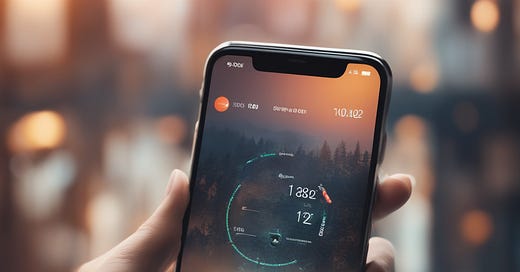Risk & Progress| A hub for essays that explore risk, human progress, and your potential. My mission is to educate, inspire, and invest in concepts that promote a better future for all. Subscriptions and new essays are free and always will be. Paid subscribers gain access to the full archives.
© 2025 J.K. Lund
Substack is the home for great culture



